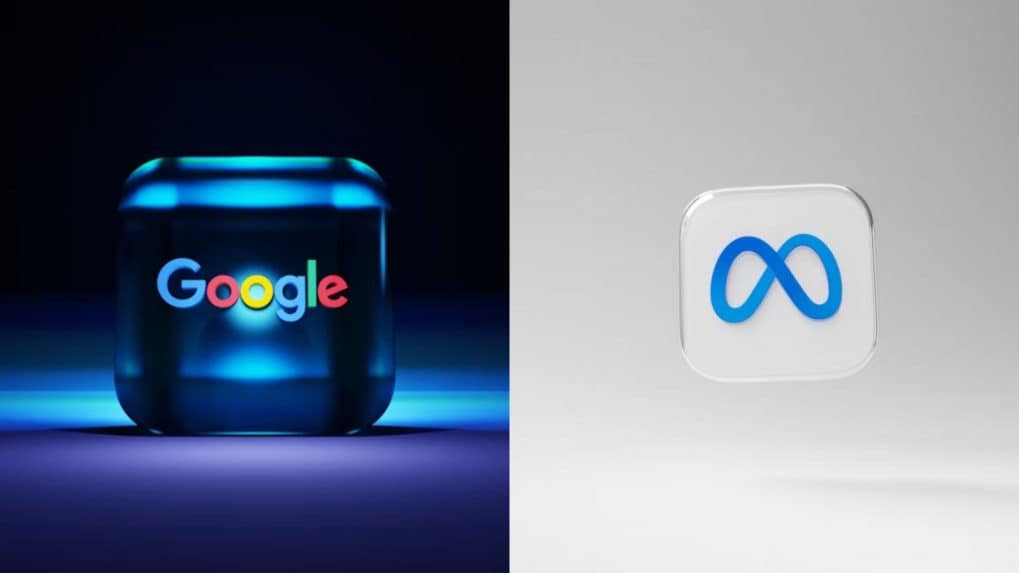How it Works
WPP, Havas, Omnicom: Are advertising’s biggest holdcos recasting agencies as AI Operating Systems?

After taking aim at surrogate advertising by offshore betting platforms, the Tamil Nadu Online Gaming Authority (TNOGA) is preparing to escalate its crackdown — this time against Big Tech companies such as Meta and Google for allegedly enabling the promotion of illegal gambling on their platforms.
According to senior officials, TNOGA will soon issue formal notices to leading social media platforms including Instagram, YouTube, and Facebook over the surge of advertisements promoting offshore betting and gambling websites.
The move signals the state regulator’s intent to hold not only the advertisers but also the intermediaries accountable for facilitating the promotion of activities prohibited under the Tamil Nadu Prohibition of Online Gaming and Regulation of Online Games Act.
“We will be sending out notices to social media platforms such as Instagram, YouTube, and Facebook for allowing advertisements of illegal betting and gambling platforms,” a senior TNOGA official said on the condition of anonymity. “The number of advertisements has drastically increased since the law on banning real money gaming was passed in August.”
The official added that TNOGA will also tighten its focus on influencers and content creators who are found promoting or endorsing these platforms. “We will be taking strict action against influencers and creators for promoting and posting about online betting and gambling platforms. We are also conducting social awareness campaigns in the state to make people aware of the ills of online money gaming,” the official said.
The state’s tough stance comes amid a sharp rise in gambling-related advertisements on major social media platforms following the clearance of the Promotion and Regulation of Online Gaming Act, 2025 in the Parliament. Industry observers note that the ban on real-money gaming in India has inadvertently pushed the market further into the hands of offshore operators, who have taken advantage of digital advertising networks to aggressively target Indian users.
Platforms like Instagram and Facebook have become the preferred marketing vehicles for these companies, offering broad reach and precise audience targeting. TNOGA believes that despite repeated advisories and existing restrictions, tech giants have failed to implement robust mechanisms to prevent illegal advertisements from slipping through.
Surrogate Ads in Sports and Celebrity Endorsements
The regulatory sweep has also extended to sports sponsorships and surrogate advertising, which TNOGA says are being used as backdoor entry points for illegal platforms. Several Tamil Nadu Premier League teams—including Trichy Grand Cholas (sponsored by FOMO7), Chepauk Super Gillies (Melbat), Lyca Kovai Kings (1xBat), and Nellai Royal Kings (Dafa News)—have been flagged for associating with gambling-linked brands. TNOGA has described such promotions as “prima facie objectionable” under the state’s gaming law.
The problem is compounded by the rise of AI-generated fake celebrity endorsements, featuring well-known Indian film stars and sports icons urging users to sign up for offshore betting apps. These slickly produced ads are often indistinguishable from legitimate campaigns, making it difficult for average users to identify their fraudulent nature.
Aggressive Offshore Marketing Tactics
The scale of promotions by illegal operators is staggering. In the days following the ban, platforms like JackBit, 1xBet, Parimatch, Odds96, and 4RaBet launched a blitz of digital marketing campaigns offering unprecedented incentives. JackBit, for instance, rolled out a 500 percent deposit bonus for investments as low as ₹35. 1xBet dangled a 120 percent first-deposit bonus of up to ₹33,000.
Parimatch advertised 100–150 percent discounts, Odds96 offered ₹150 in free credits for sign-ups, and 4RaBet topped them all with a 700 percent discount across its portfolio of games—including chance-based titles such as Aviator, JetX, Chicken Road, and Astronaut—many of which are illegal under Indian law.
To support its enforcement drive, TNOGA has received thousands of flagged links from the Advertising Standards Council of India (ASCI) for verification and blocking. ASCI has been actively tracking violations and coordinating with state authorities to identify advertising networks and publishers facilitating the dissemination of illegal betting content.
The TNOGA crackdown represents a significant regulatory test for Meta, Google, and other intermediaries, which are increasingly being held accountable for harmful content on their platforms in India. While both companies have previously stated that they comply with local laws and have advertising review mechanisms in place, TNOGA’s notices are expected to demand stricter compliance and swift takedowns of illegal ads.
As the state steps up enforcement, the spotlight is shifting squarely onto Big Tech’s role in India’s digital gambling ecosystem. For TNOGA, the campaign is not just about blocking ads—it’s about sending a message that enabling illegal betting promotions, whether actively or passively, will not go unchecked.
From purpose-driven work and narrative-rich brand films to AI-enabled ideas and creator-led collaborations, the awards reflect the full spectrum of modern creativity.
Read MoreThe Storyboard18 Awards for Creativity have unveiled a Grand Jury comprising some of India’s most influential leaders across advertising, business, policy and culture, positioning it among the country’s most prestigious creative award platforms.